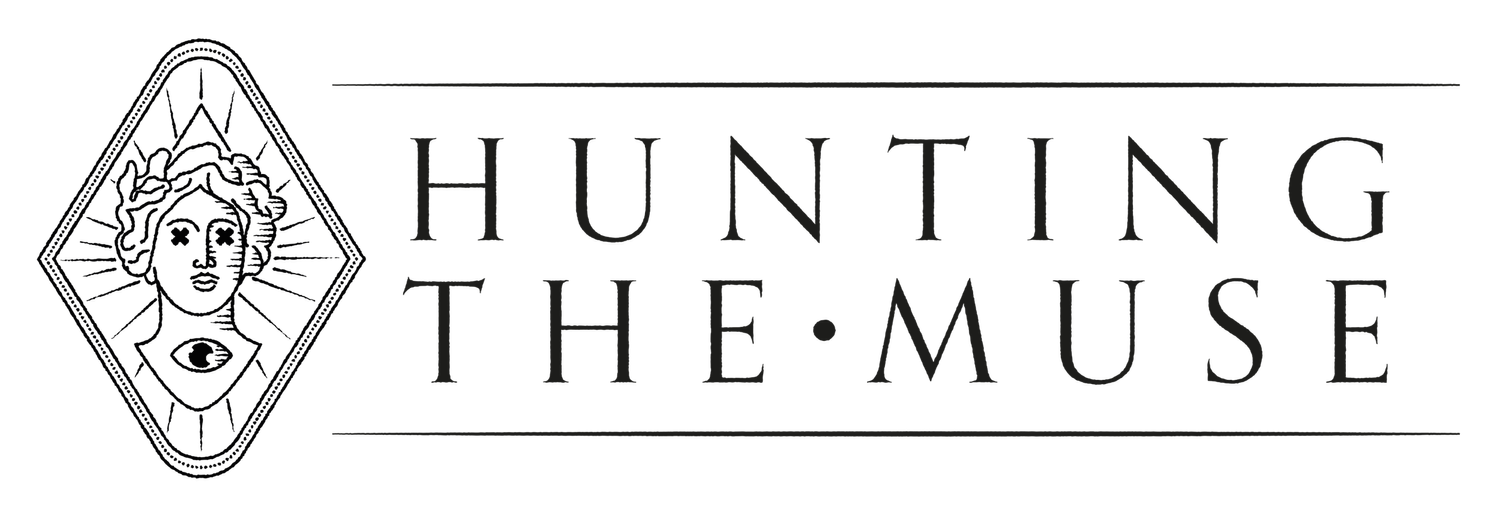Categories
Ideation Decay: The deepening weakness in today’s creative process
Ideation Decay is quietly weakening creative processes. Here’s where and how to reclaim the human insight that leads to resonant writing and ideas.
Inside James Joyce's epiphanies, and finding writing magic in the mundane
James Joyce showed us that the sacred hides in the ordinary. Here’s how writers can train their perception to capture writing epiphanies in everyday life.
How to create a writing routine (and rebuild it when it’s destroyed)
I’ve been on fire with writing, and I’ve also totally lost the spark. These are the five anchor habits that help me rebuild a writing routine.
Rage against the machine: 4 ways writers can fight back and use AI responsibly
An in-text jiu-jitsu match between a writer and GenAI, as the writer discovers how to use AI tools responsibly (without selling out).
Kurt Vonnegut’s 8 creative writing rules changed how I write stories
These eight witty writing rules from a literary master can help you through storytelling roadblocks, edits, and give your writing meaning.
The Chekhov’s gun checklist: How to edit your writing so each detail matters
Write with purpose using Chekhov’s Gun. Get 5 steps to set expectations, deliver payoffs, and cut unnecessary details for clearer, more impactful writing.
Hemingway’s iceberg theory: How to infuse your writing with subtext and realism
Hemingway’s stories force you to read between the lines. Here’s how writers can follow in his footsteps by infusing their writing with subtext and realism.
Stephen King’s writing routine: 10 lessons in being prolific
It’s hard to name a writer who has impacted culture and media more than Stephen King. But how did he do it? Let's explore his writing routine.
The 5 brainwave states & how to use them for creative insight
Slower brainwaves lead to creative, meditative, and transcendent thought patterns. Here’s how to access them for creative insight.
Imitate, then innovate: How to use copywork to develop your unique writing style
How does it feel to write a masterpiece? Find out with copywork, and use it to improve your writing.
Understanding Flow State: A life of optimal focus and creative joy
The flow state is one of life’s greatest joys. So how do we enter it more often? Here’s a simple breakdown.
Neil Gaiman’s writing routine (and why writers need boredom)
Neil Gaiman’s weapon for non-stop focus, even on the days he doesn’t feel like writing? Boredom.
5 Tim Ferriss-approved tactics to write (and market) a best seller
A summary of the top-performing tactics Tim Ferriss used to write and market his first bestseller.
Why you should leave a legacy. Even if it’s a shit one.
‘Don’t try’, wrote Bukowski. But why should we anyway?















